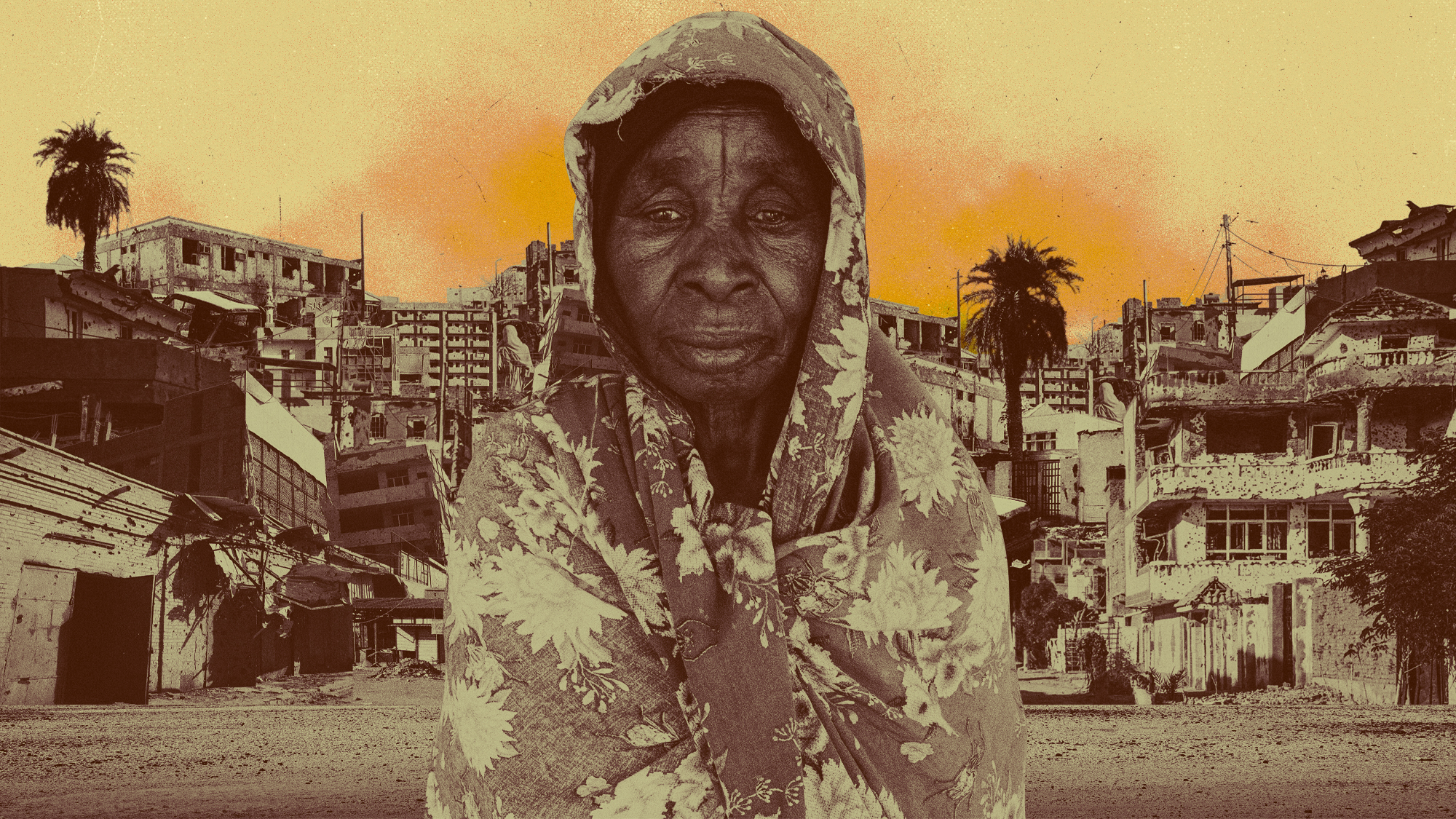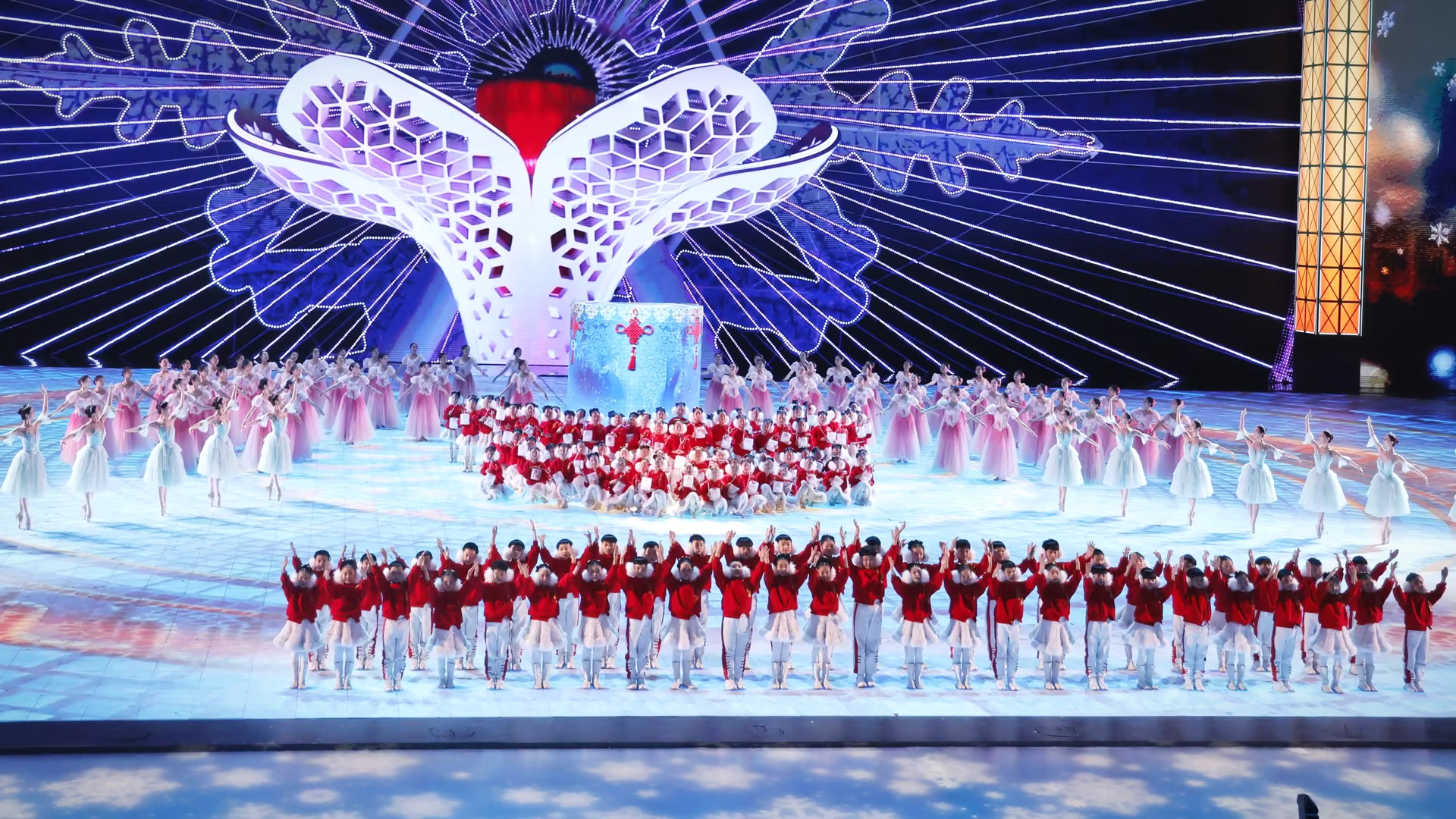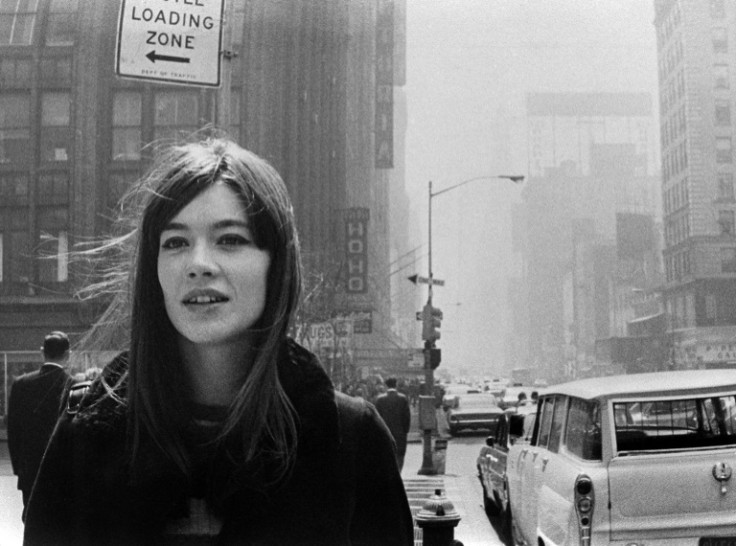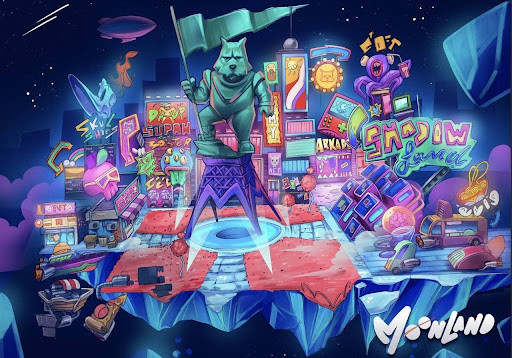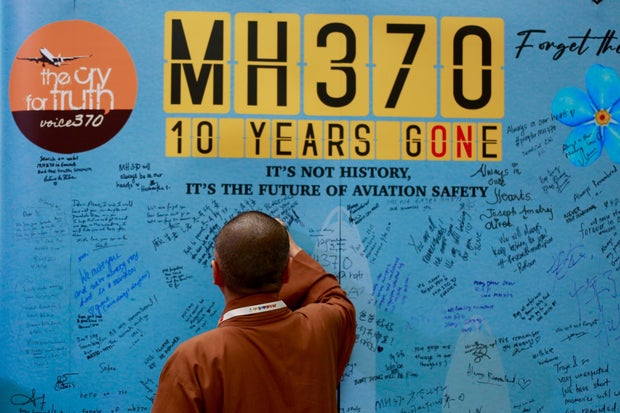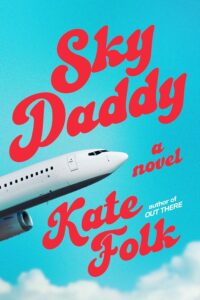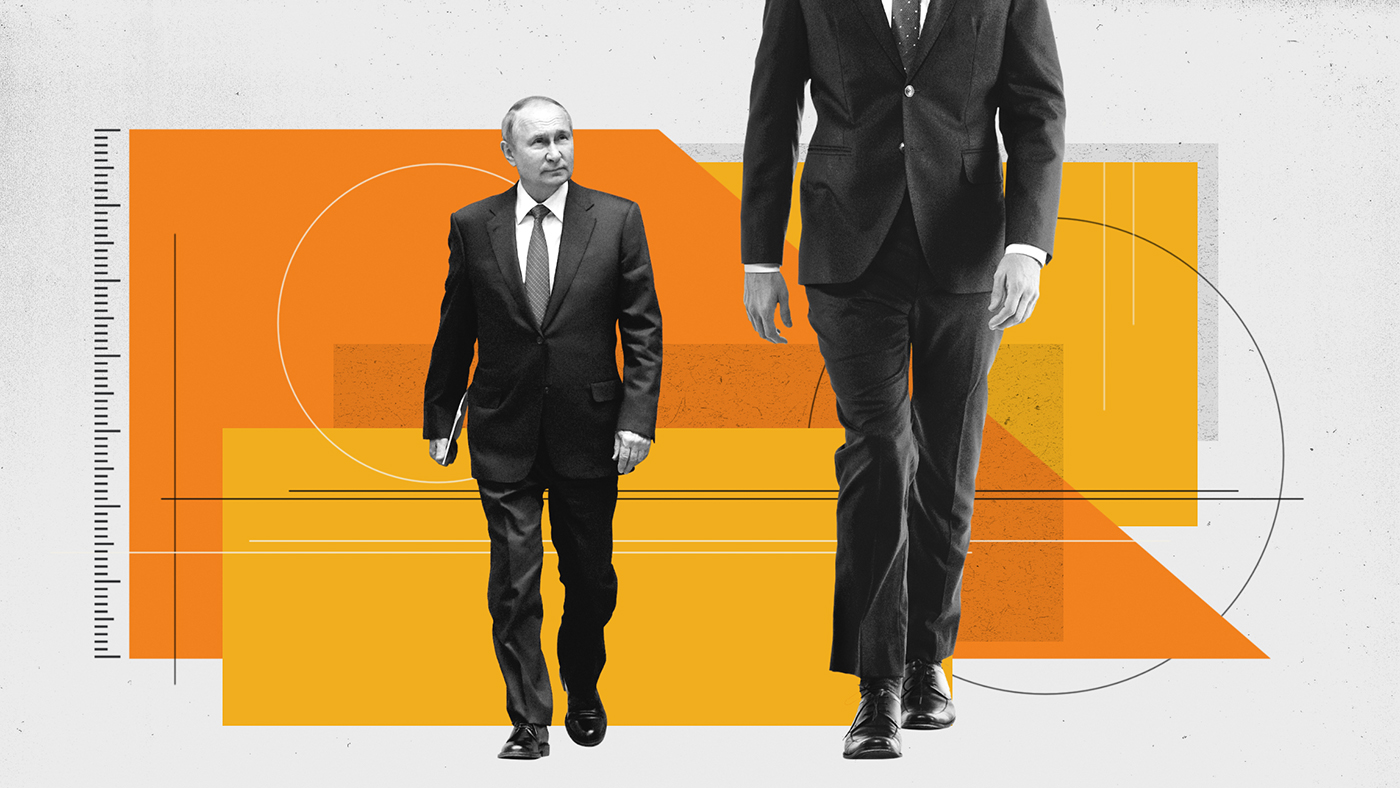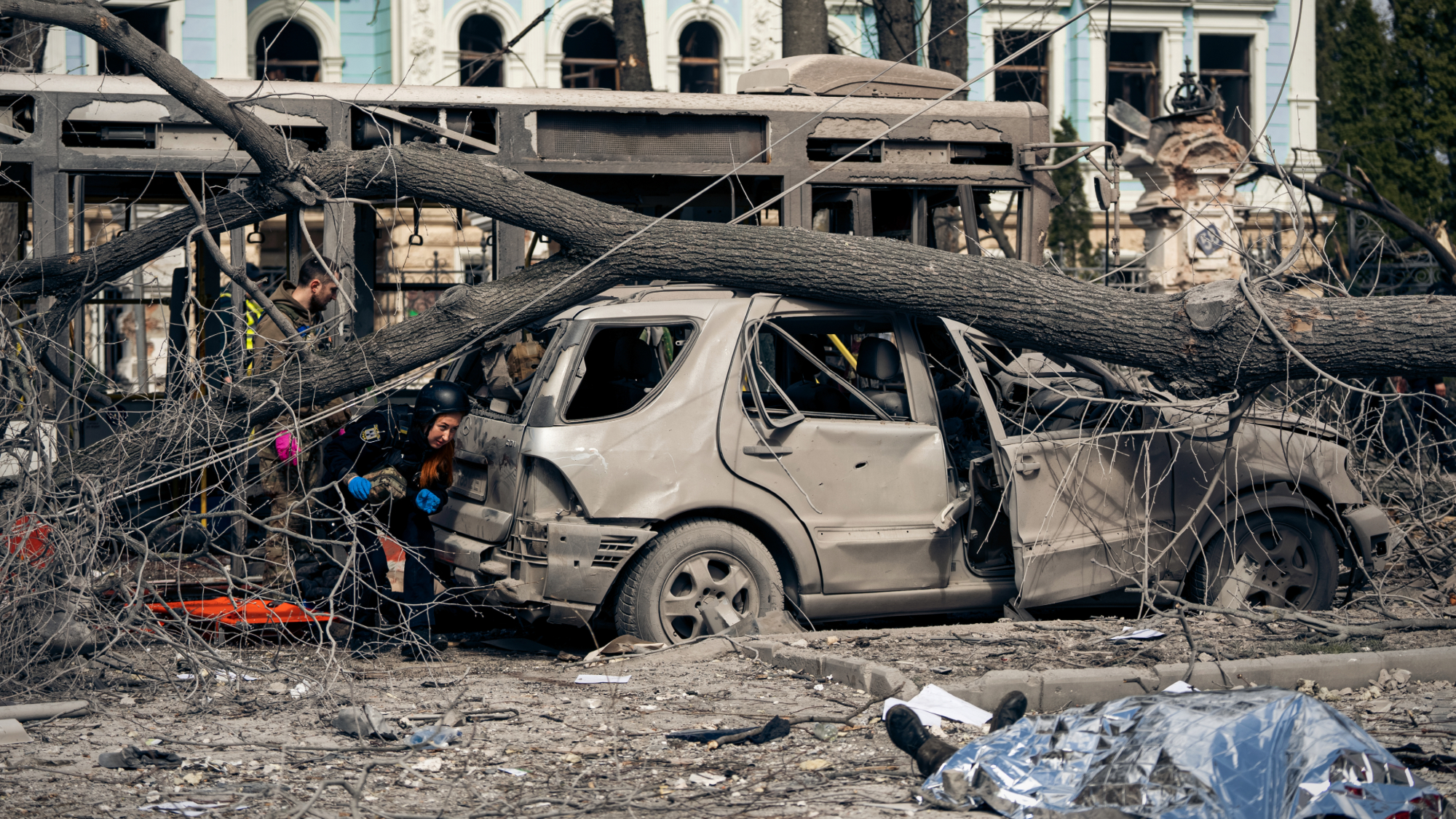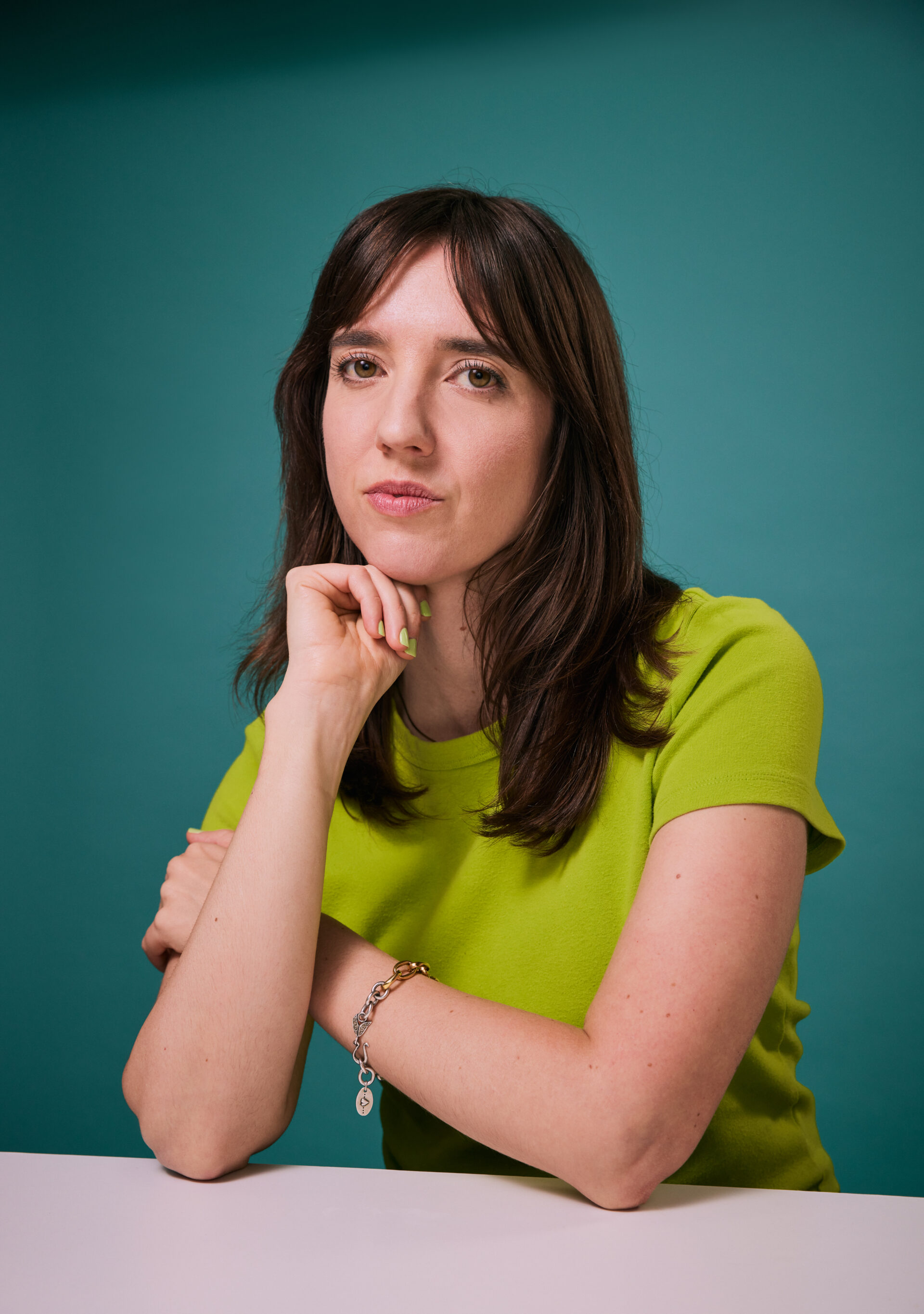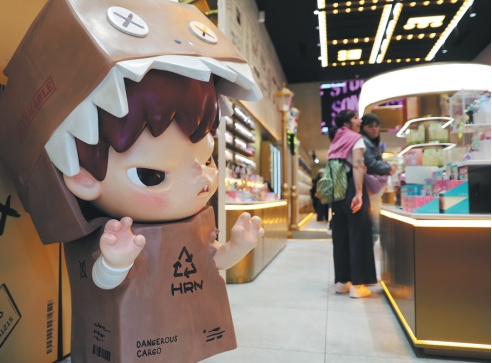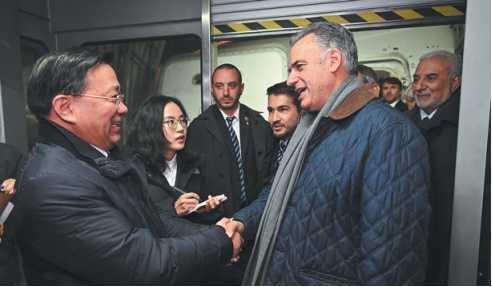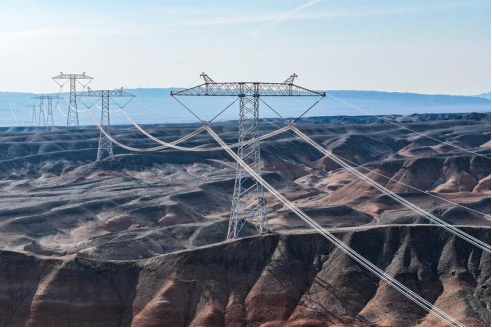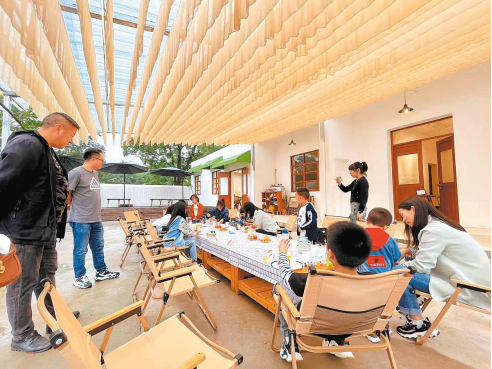Linda is a totally normal tech worker living in San Francisco, except that she’s sexually attracted to planes. A large part of her salary (and her life) goes to planespotting, flying, and hoping that she’ll be the lucky woman a plane chooses to be her mate for life, consummated in an explosive plane crash. For Linda, that’s true love. When a coworker invites her to a Vision Board Brunch (VBB), where successful women manifest their upcoming goals, she’s initially hesitant about sharing her true desires. But as her visions come true, she decides to get risky, even if it means ostracization and radical honesty.
Kate Folk chatted with OurCulture Mag about sexual appetites, manifestation, and Moby-Dick.
Congratulations on
your debut novel! Does the publishing process feel different from your short story collection, Out There?
Yeah, it does. It feels a lot bigger, which makes sense, because it’s a novel versus a collection. But it’s been good to have already done it one time, too, with what felt like a little lower stakes, and to know how it works and to be doing it again. It feels fast, too. It’s been three years, but it feels like only yesterday.
Your point of view here was so similar to that book, which was so off-kilter and warm. This might not be accurate, but it feels like Sky Daddy started off as a short story, but kept unfolding.
Yeah, it was always going to be a novel. In the past I’ve tried to take a short story and expand it, and it never really goes well. Usually I’ll have an idea pretty early on of what a story feels like. This one did feel like a novel to me because it’s such a character study, and once I had the idea for a character like this, I could see how it could go on and on and meander within that. Whereas a story has to be so contained and focused.
You mention that Sky Daddy is in “casual conversation” with Moby-Dick. Tell me a little bit about that connection.
When I first started writing in early 2019, it was just that idea of a woman who’s sexually obsessed with airplanes. It was hard for me to find my way into the story, because when I started writing, she was a flight attendant married to a pilot, and she’s more conventionally integrated in society, a more respectable person or whatever. She was a lot more upfront about what her thing was in the narration, and I didn’t really have anywhere to go. It wasn’t until I was re-reading Moby-Dick about six months into the process, and I was so struck by the voice of Ishmael, and how jubilant and playful it was, this sense of embarking on an adventure. I was thinking about an older novel in that mode, setting out to the seas on this whaling journey, thinking there could be an element of that in Sky Daddy. And thinking of Moby-Dick being an obsessive cataloging of whales the same way, I thought, my book could be about planes. The more I thought about it that way, it seemed like there were all these parallels popping up in a way that was almost a little eerie.
Did you have to do a lot of research about aviation, or was it already an interest?
It was just a passing interest. I’ve always been drawn to planes, thought they were really cool, and also, found them kind of endearing. They look like animals, and they have a face. It was already in there on some level. A friend had sent me a link to this YouTube video, similar to what Linda watches, from this channel that recreates famous plane incidents, whether they’re crashes or more minor things. It uses this simulation software and it’s very strange. It filled me with this uncanny feeling and made me think about planes as sentient beings, almost. And as I was writing it, I started seeing the world more and more through Linda’s eyes, and I downloaded a flight tracker, so every time I went outside and saw a plane, I could look up what it was, where it was going.
The book is a comedy, but I liked how you considered Linda’s sexual appetites so carefully. Were fetishes and sexual experimentation something you wanted to write about going into the book?
I think that’s where I started, the idea of sexual obsession. And in line with J. G. Ballard’s Crash, but about planes instead of cars, and thinking about it, not something I feel myself necessarily, but I can understand how someone would find planes attractive and handsome and all of that. So that was the way into it, but also for Linda, it’s almost this spiritual connection she feels with planes, from birth, basically.
Yeah, why is death in a plane crash the end goal for Linda? Is that her only path to ultimate satisfaction?
I mean, it is the most extreme version of what she imagines as communion with a plane, since she thinks of turbulence as a sign the plane’s really into her, and losing control in his passion. It’s also tied in with the death drive and the idea of fate. Linda’s sense is that her life might be pretty mundane now, but it doesn’t matter because she’s just hurtling toward this glorious blaze. She feels like that would be the ultimate indication that her life is meaningful, almost like she’s been chosen by God to be one of these very few people to be in a plane crash. I feel like flying brings out all kinds of religious and spiritual sentiments for people. For me, too, when I board a plane, I know I’m giving up control. Whatever happens, I can’t change the outcome, and there’s few experiences that evoke that so strongly.
I love her interactions with the women at the Vision Board Brunches. She finds them awkward but desires to be taken seriously, even if she’s hiding the truth. They’re like feminist corporate retreats where nothing gets done except for some affirmations.
I feel like that’s a good way to put tension on Linda’s character, to put her in this situation. For her, it’s high stakes — she’s not real friends with Karina yet, they’re just coworker friends, but she thinks very highly of Karina. Now she’s invited her to the VBB, which is a huge step. Linda feels like she has to do a social performance that the other women will find acceptable, but at the same time, she wants to be honest with her vision board, because she believes in the power of such a thing.
I also thought it was interesting, the dynamics between Karina and the rest of the women, because to Linda, Karina is such a successful person: she’s so beautiful and put-together. But then when they get into that wider social context, she sees Karina is kind of an outcast within that larger group of women, who are more successful. So there are different layers within that. And I didn’t want the women to be too extreme — they’re definitely girlbosses, but I didn’t want them to be caricatures or girlbosses. I wanted them to be fairly recognizable people, not necessarily taking the vision boards too seriously, the way Linda and Karina are. But it’s just a fun thing to do to drink mimosas and think about the upcoming quarter.
Initially, Linda is very conservative about what she reveals about her true desires because she feels the need to fit in, but eventually, she’s truthfully honest about what her heart calls for. What was it like writing her arc?
I liked the vision boards as a way of structuring the book, because that’s so hard writing a novel — it’s such a big thing. The first part came easily, but then it’s like, ‘What happens from here?’ It felt like there were so many different ways to go, but the quarterly Vision Board Brunch was a way to put these anchor points in the story, show how it’s moving along. And to literally move the plot along, because within the book, the vision boards do seem to be having an effect on the events of the real world. On a meta level, I thought that was funny. And each time, Linda’s more explicit, until she’s all out with it. It’s also mirroring her own self-acceptance and willingness to be open about who she is.
She’s so confident that, when she flies with Karina, she convinces her that this plane will crash, which clearly upsets her. It seems to confirm her fears that she can never truly fit in, and for a while remains celibate, which she defines as not flying.
Karina’s so afraid of flying, and for Linda, that’s potentially the ultimate stew of manifestation. If they fly together, their powers could combine and cause a crash. In a way that’s created this fantasy, but when it comes down to it, she can’t actually put Karina’s life at risk, so she has to tell her. And then she has the period of swearing off, which I felt like in a novel about obsession, that felt like where the story was leading me to. It did seem like that needed to happen, a dark night of the soul moment. But that’s the time where she tries to renounce flying and live like everyone else does, and even tries to have a relationship with Dave [her manager]. And I didn’t want the book to normalize Linda, or for that to be the arc, for her to get over planes and embrace life as everyone else does. I thought it was important that she was able to do it, but it was a miserable way to live.
She tries, and fails, to have meaningful sex with humans. Do you think it’s her testing the waters and seeing if she’s changed, or putting on a facade so that people like Dave and Karina don’t ostracize her?
I think it’s kind of both; when she’s going through this dark night, I think she does hope that maybe she could change or condition herself to be more like other people. But it’s just not possible, and it’s not possible for Dave, either, so it never takes off. At that point, she’s so ashamed, she just wants to run away from that aspect of herself.
She meets Dave, a manager at work who indulges in her fantasies by flying with her — the two even leave a club to do so. But she starts to feel strange, since he’s a manager, and is under the impression he’s doing this to hook up. What did you want to explore with this tension?
I realized after the fact that the novel’s about objectification. Linda is literally desiring an object, but the other people in the book objectify each other; she’s objectifying Dave and he’s objectifying her, and thinking of her just as this manic pixie dream girl type, this young coworker who’s so quirky and gets really horny on planes. For him, that’s so exciting and fun, he’s going through a divorce and needs something to spice up his life. He’s never really seeing the real Linda, since he’s only seeing the version of her that he needs. Similarly, she doesn’t see the real him either. She’s not even interested in the real him; she finds him tedious. But she indulges him to the extent that she needs to, so he’ll pay for her flights. I felt like there’s something poignant in that relationship because even though they are completely missing each other, they are getting closer. And I think they do have a genuine friendship by the end, even though they completely misunderstand each other.
Finally, what are you working on next?
I’m working on another novel that’s very different, and in the realist mode, and it’s set in Iowa in the early 90s. I’m thinking of it as a suburban noir. Very stripped down and not like this at all.
If Sky Daddy is in conversation with Moby-Dick, what’s this one with?
Maybe movies like Fargo, and Patricia Highsmith novels, Strangers on a Train.
Sky Daddy is out now.
Popular News




Current News
Manufacturing

Collaboratively administrate empowered markets via plug-and-play networks. Dynamically procrastinate B2C users after installed base benefits. Dramatically visualize customer directed convergence without
Collaboratively administrate empowered markets via plug-and-play networks. Dynamically procrastinate B2C users after installed base benefits. Dramatically visualize customer directed convergence without revolutionary ROI.





About Us
Tech Photos
